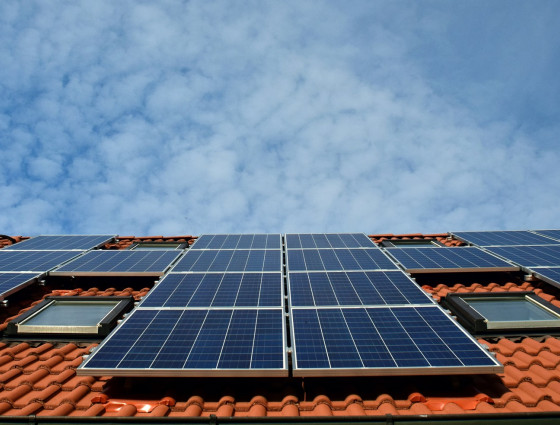
Action on climate change
Worcestershire County Council declared a climate emergency in July 2021.
We have set a target to be carbon neutral by 2050 and working in partnership to achieve the Worcestershire LEP Energy Strategy aim of halving the county’s carbon emissions by 2030.
History
We have a long history of action on climate change and are not acting alone - many organisations across the county, the UK and beyond are taking action too.
We have already made the following progress:
- cut our own absolute emissions by 39%
- reduced our net carbon emissions by 43% since 2009 to 2010
- countywide carbon emissions have fallen by 36% since 2005
 Facebook
Facebook X
X Email
Email WhatsApp
WhatsApp Messenger
Messenger